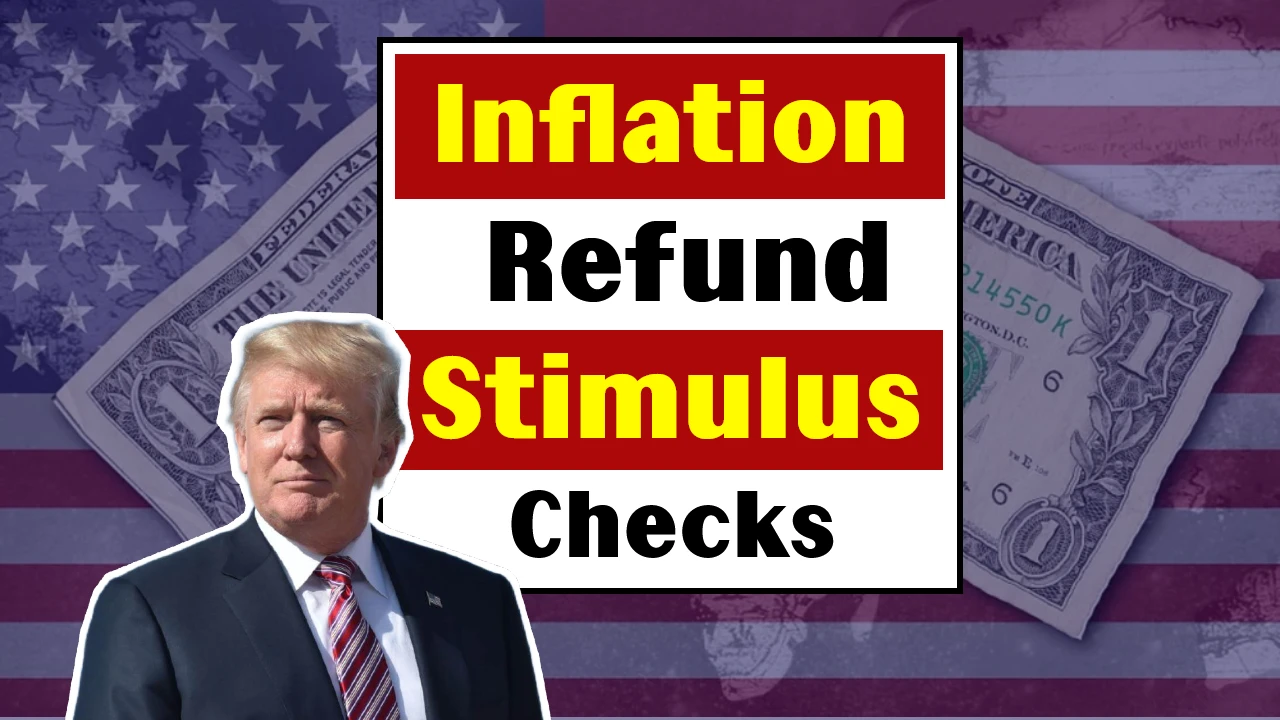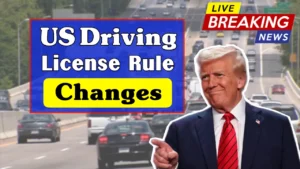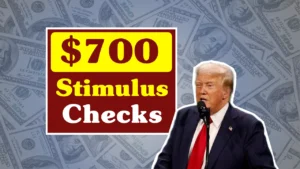The Inflation Refund Stimulus Checks are proposed as a way to help citizens pay for the increased cost of living. The checks are intended to give Americans a cash infusion amid expenses driven higher by inflation, such as groceries, fuel, rent and utilities. Several states in the U.S. got this ball rolling to soften the financial impact felt from the post-pandemic rise in inflation.
The refund amounts differ from state to state and are generally determined by both income level, tax filing status and the number of dependents. These checks are an important cushion for low- and middle-income families. In addition to helping people meet their day-to-day needs, jobless benefits are a key part of governments’ effort to help bolster spending and stabilize the economy in the face of their volatile economic environment. These payments are generally tax-free.
Inflation Refund Stimulus Checks
The Inflation Refund Stimulus Check plan addresses an expected inflation surge that has caused distress for millions throughout the nation. As grocery and other everyday prices have soared of late, the question is how much further that can go. This stimulus check can be used to relieve financial stress brought on by high cost of living one time.
Various states have enacted their own versions of the refund, with different refund amounts and eligibility standards. For example, California’s Middle-Class Tax Refund and Colorado’s Cash Back program are state-based versions of the larger concept of inflation assistance. The checks are designed largely to help households pay the bills for things like utilities, groceries and rent. Governments aim to put cash in the hands of individuals to help combat personal financial hardship and prop-up the economy through higher consumer spending.
Inflation Refund Stimulus Checks Overview
| Department | Internal Revenue Service (IRS) |
| Article On | Inflation Refund Stimulus Checks |
| Country | USA |
| Eligibility | Filed income tax for the qualifying year |
| Amount | As per eligibility |
| Payment Mode | Direct Deposits and Paper Checks |
| Payment Schedule | One-time payment |
| Category | Government Aid |
| Official Website | Irs.gov |
Eligibility for Inflation Refund Stimulus Checks
- Be a resident of the state that is providing the stimulus check.
- Filed a state income tax return for the year you qualify (typically 2021 or 2022).
- Be above the state’s income limit.
- Not otherwise claimed as a dependent by another tax filer.
- Lived within the state for at least six months of the year.
- Not in jail in the time period that is applicable
- Payment bank details or Correct payment Mailing Address on File.
Claim Deadline
The deadline to request the Inflation Refund Stimulus Check is different in each state. In a couple of states, the deadline is before or after the state tax-filing deadline. For instance, in California, those who had failed to file their 2020 tax returns before 15 October 2021 were typically ineligible for the 2022 Middle-Class Tax Refund. Other states, such as Illinois and New Mexico, also both matched their deadlines with tax filing dates or established cutoffs as May or June 2023.
Residents are advised to verify the specific deadline in their state by contacting their state’s department of revenue or taxation. Failing to meet this deadline could result in the loss of the benefit, even if someone would otherwise be eligible. So taking action quickly and paying attention to formal announcements is crucial to make sure you receive the stimulus check.
Latest Update on Inflation Refund Stimulus Checks
As of mid-2025, many states other than have already paid out their Inflation Refund Stimulus Checks or are in the last stages. In contrast, California had processed the majority of its Middle-Class Tax Refund payments by February 2023, leaving only some corrections and laggard cases. At the same time, states like Georgia, South Carolina and New Jersey have distributed follow-up payments or bonus rounds to account for any discrepancies from the tax calculations or surplus state revenue.
The I.R.S. has also recently been telling taxpayers to see whether such state-issued payments are supposed to be reported on their federal returns, if the payments are considered tax-exempt under federal rules. The good news is that often these payments are not taxed. But the final guidelines are different for each scenario. States are also now assessing the impact and planning future programs according to how well these payments worked.
Common Mistakes to Avoid
Applicants assume they qualify and they won’t have to do the work to get the check. In fact, some people may need to actively file a state tax return or otherwise update out-of-date personal particulars to be eligible. Others wrongly assume federal IRS checks are identical to state-issued inflation refunds, causing confusion and missed deadlines.
People forget to change their mailing address or provide new banking details that creates a delay or wrongful payment. Another mistake that applicants make is the failure to read announcements from official sources carefully including missing income thresholds and criteria for dependent status. Some people also get caught up in scams and phishing emails that appear as though they are coming from state tax agencies.
Use official government websites when filing anything or checking status. There’s also the trap of failing to maintain evidence of tax filings, which you might find necessary if you need to appeal or trace a missing payment. The best method to prevent these kinds of setbacks is being informed and organized.
FAQs
Does one have to file a tax return to receive the Inflation Refund Stimulus Check?
Yes, you usually must file a state income tax return for the applicable year to be eligible.
Do I have to pay taxes on the Inflation Refund Stimulus Check?
Generally, these checks are not taxable, but there are exceptions. Your best bet is to either consult with your state tax office or with a financial professional.
When will my stimulus check arrive if I am eligible?
Payments usually come within weeks of processing tax returns, though timing varies by state.
Are non-citizens eligible to receive this stimulus check?
Certain non-citizens, such as those who have ITINs, are eligible if they are residents of the U.S. and have an income above a certain threshold.



